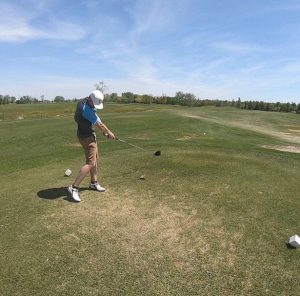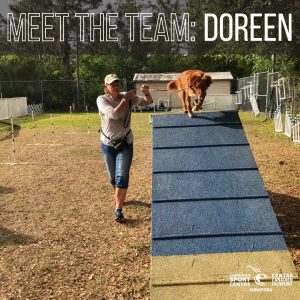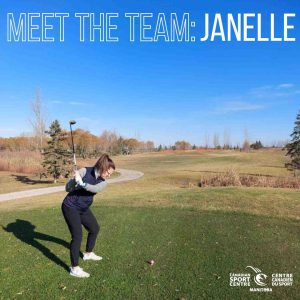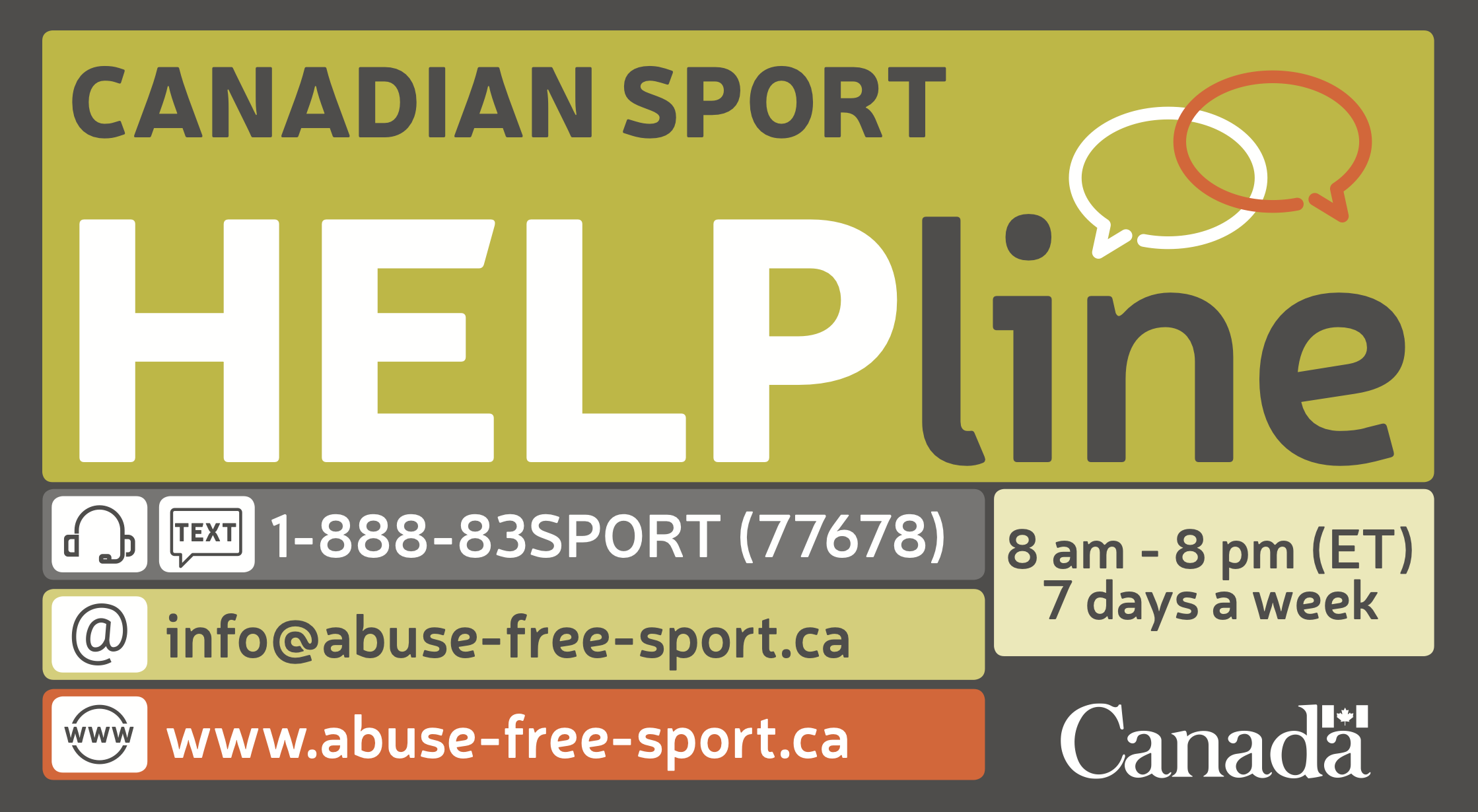Get to know: Kevin Kristjanson
Today we’re talking with Kevin Kristjanson, CSCM Psychotherapist. Kevin worked with CSCM from 2019 – 2022, took a year away (that he mentions below, read on…) and rejoined our team in September 2023.
WHERE ARE YOU FROM?
Kevin: I was born and raised in Winnipeg, grew up here all my life. I did my undergraduate and graduate studies here at the U of M before completing my pre-doctoral residency with Fraser Health Authority in New Westminster, BC.
NEW WESTMINSTER… HOW DID THE MANITOBAN ENJOY THE BC WINTER?
 Kevin: BC winters were lovely. We didn’t have any days of minus 30 which was great. People say that it’s all gray and
Kevin: BC winters were lovely. We didn’t have any days of minus 30 which was great. People say that it’s all gray and
rainy and miserable the whole time. I didn’t notice that. However I did notice that I appreciated the occasional sunny days more than I anticipated.
WHAT DO YOU DO WITH YOUR SPARE TIME?
Kevin: Mostly I like to spend time with my friends and my family. I am a huge sports nerd and big baseball fan. I’ve never met a stat or fun fact or a trivia tidbit that I didn’t like.
I come from a very musical family and grew up playing the drums in high school bands, et cetera. I still play the drums and have taught myself a little bit of guitar, so I try to do that from time to time. If I’m going to binge-watch something, I definitely prefer something light-hearted and funny or something dark and dramatic.
I’m a big dog lover. Actually, I’m a little dog lover too. I hope to have another dog soon.
HOW MANY DOGS DO YOU HAVE NOW?
Kevin: Zero dogs right now. I had a dog previously and I have now accidentally tricked myself into deciding that when I defend my dissertation, that’s when I’m allowed to get another dog. That will be a good motivator. But also while I have this dissertation that needs to get finished, I probably don’t have the time and energy to look out for a dog well and finish the paper.
LET’S TALK ABOUT THAT DISSERTATION…
Kevin: My dissertation is “Self compassion and Risk-Taking in Sport Injury Rehabilitation”.
We know that self compassion is really good for mental health, physical health, goal achievement, psychological well being, you name it. Coping with stressors and difficulties and challenges and failures, self compassion is very positive. There’s a little bit of research out there to suggest, at least among people who tend to take more risks, self compassion can also amplify risk taking. The rationale being, “Well, if I take a risk and it doesn’t work out, it’s not the end of the world. I’m still a good person.” or “Other people make mistakes. Surely I’m not the only person to go through something like this. It’s not going to define who I am.” All good, healthy, balanced perspectives to have. The problem being, if you swing so far to the side of self-care that you fail to learn the lesson, then maybe you end up taking more risks in the future.
My research was looking at how people coming back from injury decide how much risk they’re willing to tolerate. I wanted to know if an athlete who sees their sport as an important part of their identity and wants to get back on the field as soon as possible might take unnecessary or unsafe risks if they are higher in self-compassion. An athlete higher in self-compassion might think, “I’m not 100%, but this is the way that I can be kind to myself, express who I am, and stay connected to my community. Even if returning to play puts me at risk of getting hurt again.”
DO YOU HAVE A FAVOURITE MOMENT FROM THE PAST YEAR?
Kevin: Honestly, coming to the realization or understanding that I’d get to be moving home to do the thing that I love to do. The fact that I get to come home and be around my family and friends while I do this really cool job that I love is a dream come true in a lot of ways.
LET’S TALK MORE ABOUT YOUR SPORT HISTORY…
 Kevin: Growing up my main sport was baseball. I still play in a senior men’s recreational league. I also love to golf. I’m not very good, but I enjoy it. Otherwise I try to stay active by biking, running, or going to the gym.
Kevin: Growing up my main sport was baseball. I still play in a senior men’s recreational league. I also love to golf. I’m not very good, but I enjoy it. Otherwise I try to stay active by biking, running, or going to the gym.
WHAT MADE YOU CHOOSE TO GO INTO SPORT PSYCHOLOGY?
WHAT’S THE BEST PART OF YOUR JOB?
Kevin: The best part is seeing athletes and coaches challenge themselves and push themselves to make brave, courageous choices. Choices that maybe they wouldn’t have made at some other point in their life. If I can have a small role in helping them do that or helping them get there, that’s a huge win in my mind.
WHAT’S YOUR FAVOURITE ADVICE TO GIVE ATHLETES?
Kevin: There’s a quote that I really like, “discomfort is the price of admission to a meaningful life.” There’s going to be discomfort in whatever you choose. It’s a matter of which type of discomfort helps you work towards your goals and values.
Athletes make a lot of commitments and sacrifices for their sports, which is a type of discomfort. But not achieving the results you want is uncomfortable too. Once you get used to being uncomfortable and see it no longer as an unpleasant thing but something that is helping you move toward what you care about in your life, making difficult choices becomes a lot easier.





